And the people voted: let there be light
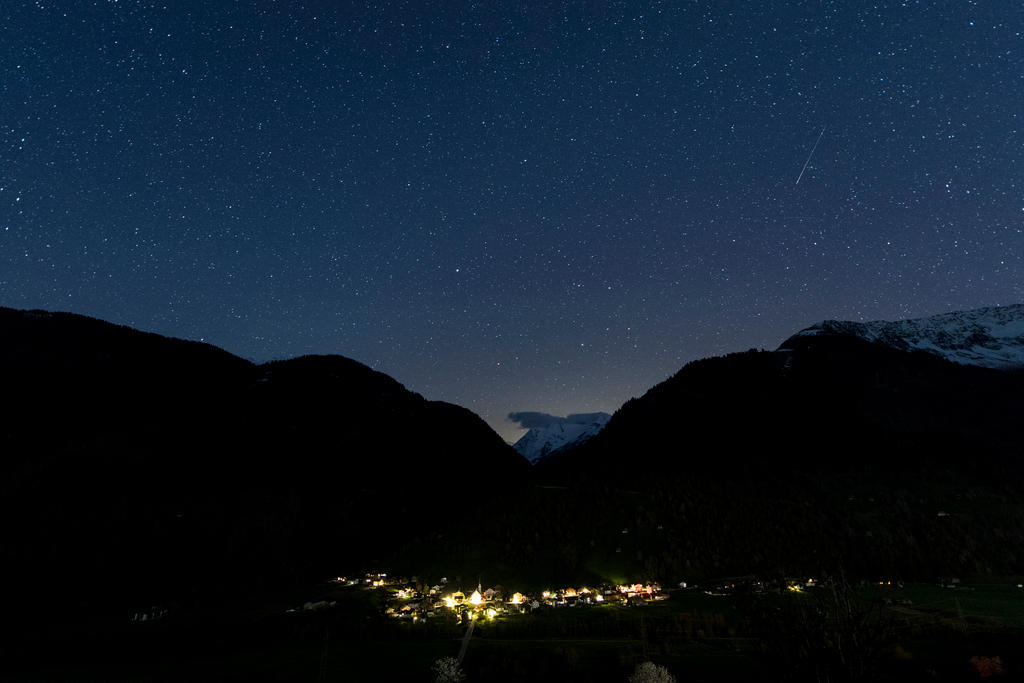
Direct democracy kept the people of one Swiss alpine village in the dark for over 40 years. What made them finally see the light?
There could be someone standing just in front of me, but if there is I can’t see them. The night in the village of Surrein is pitch black. There are only a couple of tiny orange-tinged lights blinking in the distance – warning lanterns from a construction site. Otherwise, it’s dark. Silent too, except for the gentle gurgling of the river running through the valley.
Surrein, population 250, is the last Swiss village without streetlights. But this will soon change, bringing the place and its people into the modern world. The few streets in the village have been dug up to make room to lay power lines in the stony ground. By the end of the year, the work should be complete – each street illuminated with the latest generation of lighting. The first time in its history that the village will be lit up at night.
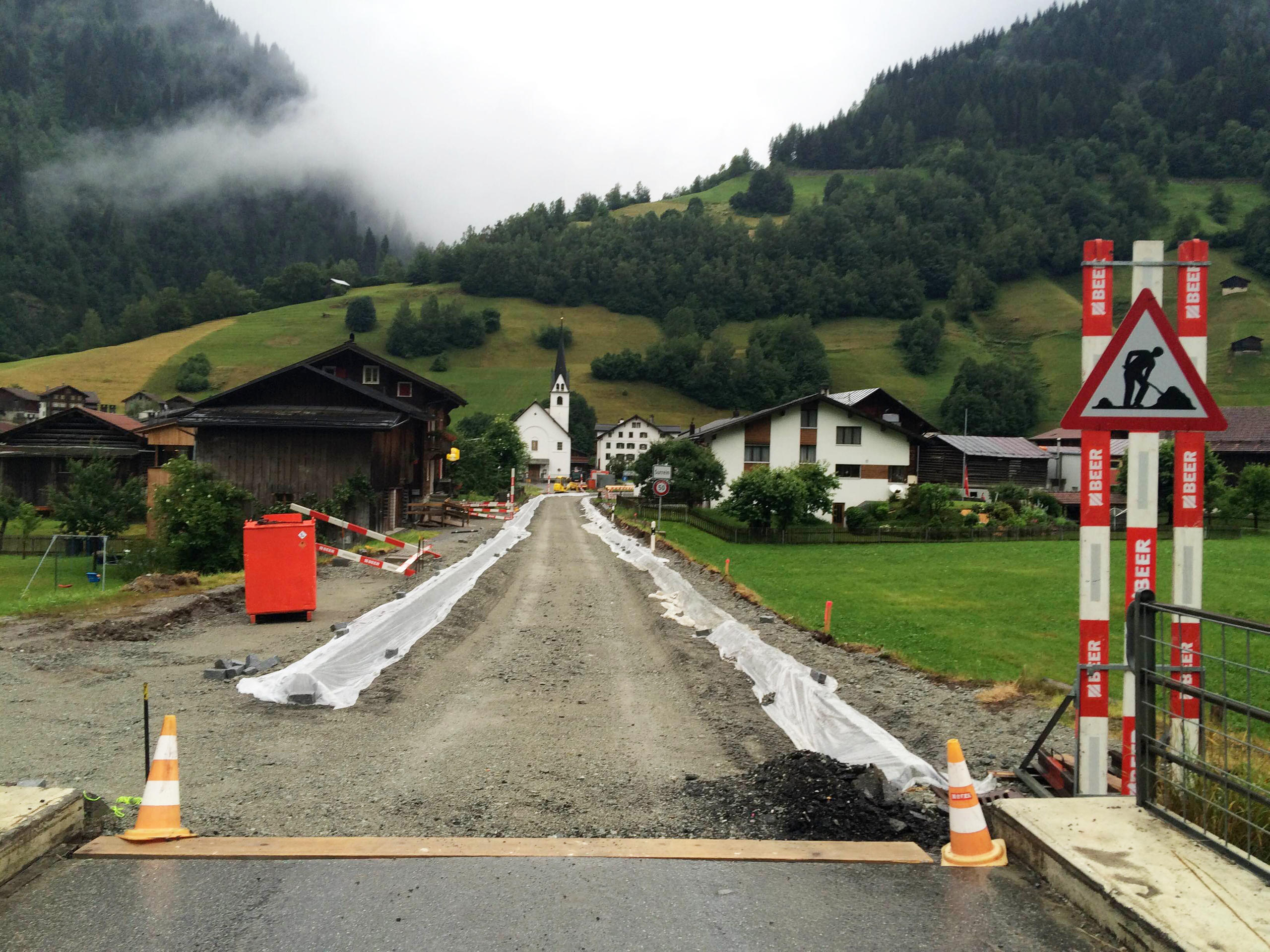
It’s taken nearly 40 years. Back in 1977 the people of Surrein, a Romansh-speaking commune, voted against installing lamps. They thought the electricity costs would be too high, the light fixtures too ugly and the lampposts too bare.
The villagers returned to the voting booth in the 1990s, but the same arguments won the day. The night remained black. A new argument was put forward in the 2000s: everyone was talking about light pollution. The night sky would disappear. Once again, the people voted no.
But then, this spring – nearly four decades after the first vote – there was finally a change of heart at the ballot box. The final tally: 84 in favour, three against.
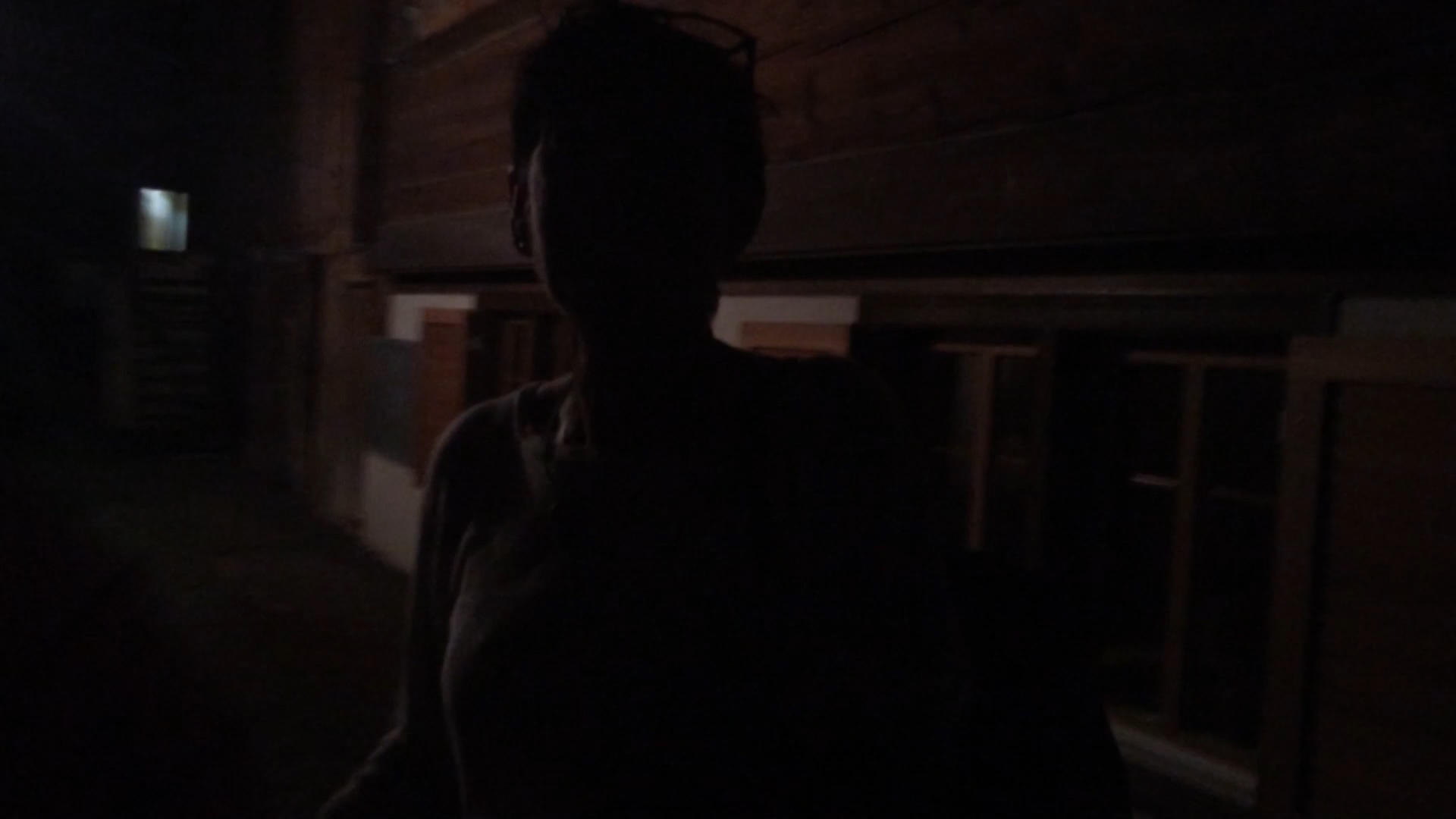
More
Navigating Surrein at night
“It was about time,” said Ottoman Deplazes, chief councillor of Surrein and a light proponent. He doesn’t think there is room any more for looking backwards, not even in a remote village like Surrein. “One wanted the darkness in order to be different,” Deplazes says, adding that for him, it was nothing but a waste of time. He says no one will have to carry a torch again in order to avoid stepping into potholes or stumbling over snow drifts. “I won’t miss that at all,” he says.
One of the no voters was Simon Jacomet. The artist and ski designer lives at the end of the village and is building his second house. The windows in his new home will be several metres high, affording him views of the surrounding peaks and – at night – a starry sky.
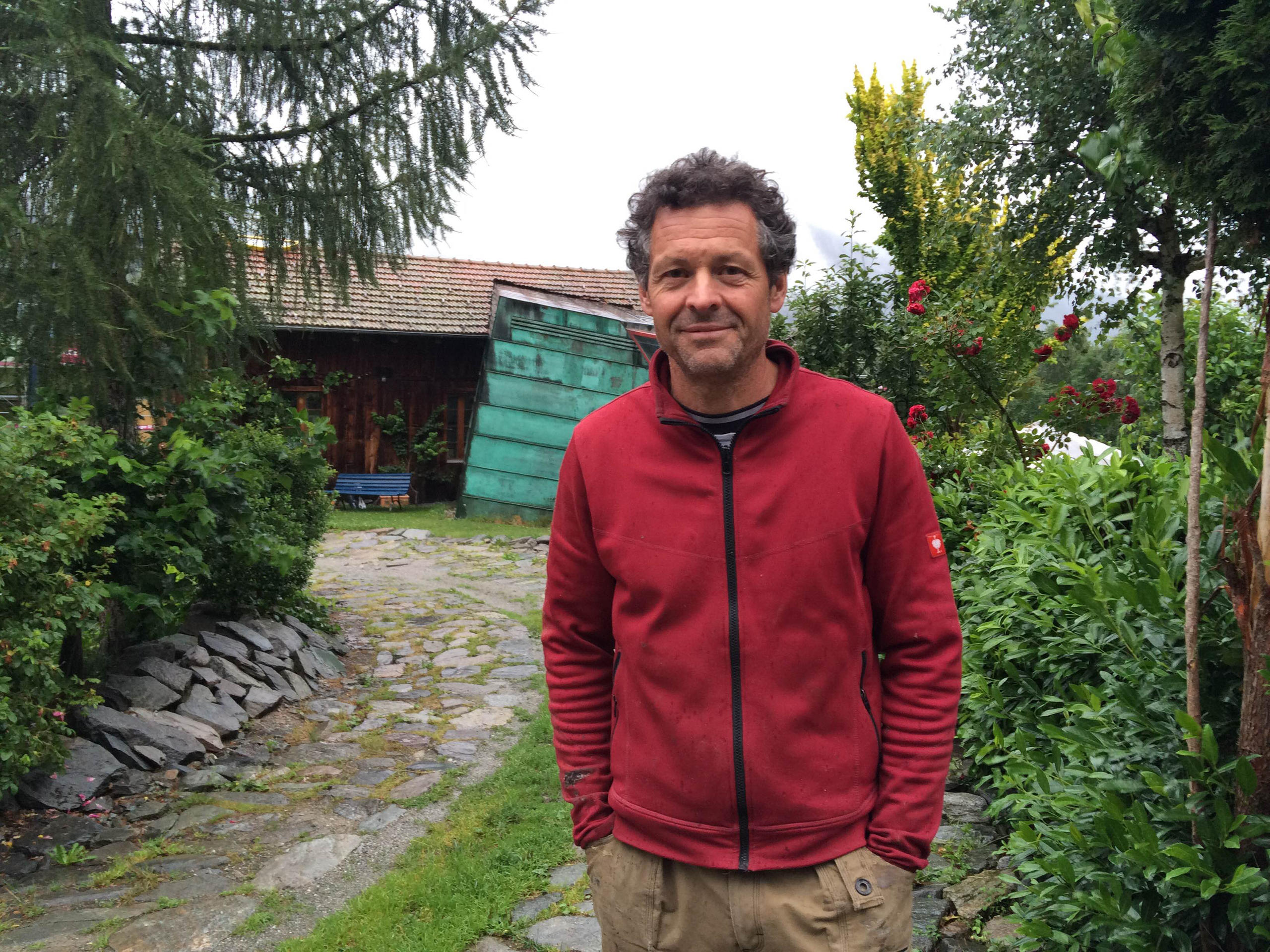
“It’s staggering to see the sky from Surrein as it is now. That’ll soon be gone,” he laments. “People from Zurich would pay for the kind of darkness we have here.”
He believes the locals no longer wanted to be seen as hicks, that’s why they voted in favour of change. “If the media had only reported on the story earlier, then maybe the outcome would have been different.” In his opinion, people would have been more aware of the advantages that come with the dark – peace and quiet.
From August, when the first lights are turned on, the nights will be a little bit brighter. The lamps of the energy-efficient fixtures will be dimmed after 10pm, only turning higher when someone approaches.
In the rustic bar of Surrein’s only inn, manager Claudia Maissen says she’s pleased the village will finally see the light. The reason she says the lamps will only burn bright after 10pm – 10:10 to be precise – is to allow enough time for the church choir to get home since its practice ends at 10pm.
She’s also happy for herself, to have her way home – even if it takes less than a minute – lit up. “I think the light will make me feel safer.”
What’s the most unusual thing you’ve ever voted on? Tell us in the comments section below.
Adapted from German by Dale Bechtel

In compliance with the JTI standards
More: SWI swissinfo.ch certified by the Journalism Trust Initiative







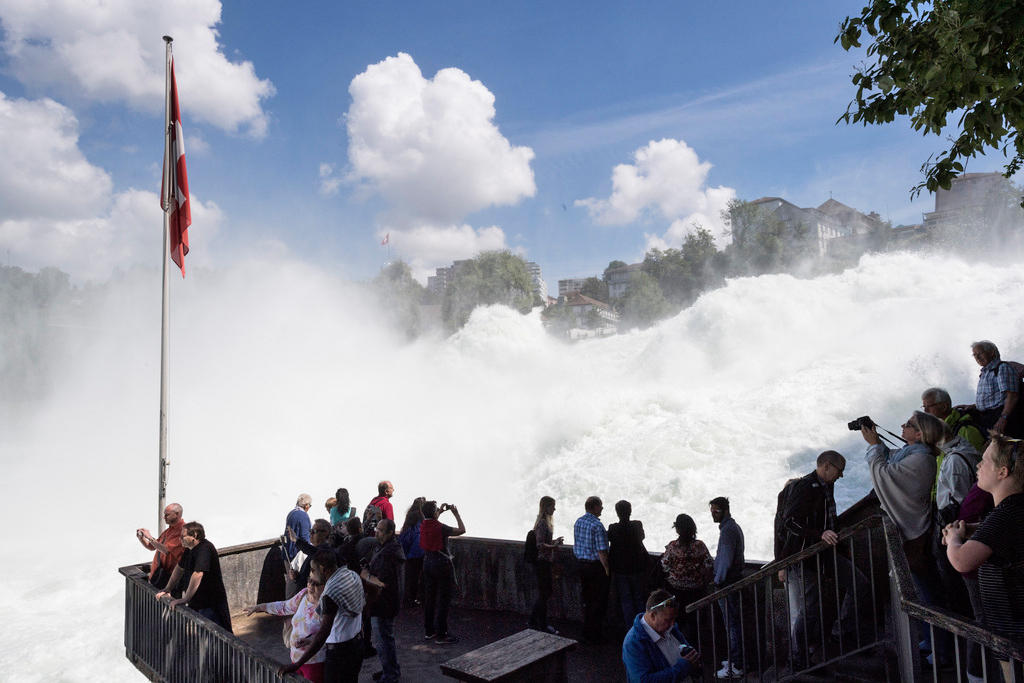



You can find an overview of ongoing debates with our journalists here . Please join us!
If you want to start a conversation about a topic raised in this article or want to report factual errors, email us at english@swissinfo.ch.